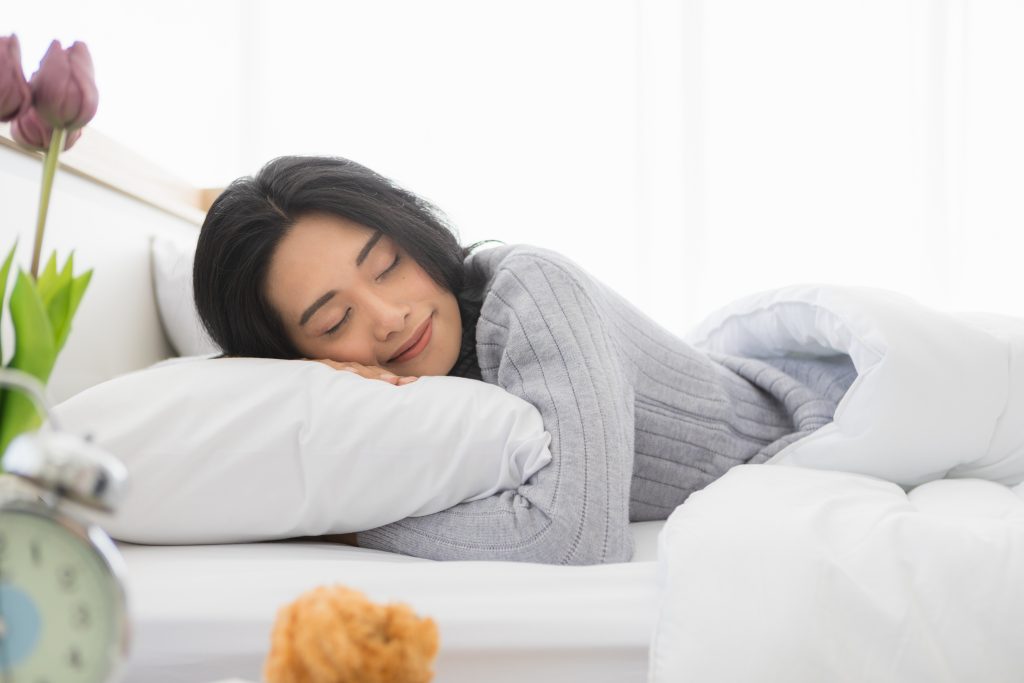
Elusive Sleep
Insomnia for many people has become a frustrating fact of life. 30% of the population suffers from it, and more than half of Americans lose significant amounts of sleep due to stress and anxiety. If insomnia visits you more than once every few months, it’s time to take a look at the things you can do to get more Zzzzz’s.
You Don’t Need a Sleeping Pill
Americans in particular like to solve their problems by popping pills, but getting good sleep is one area where you’re better off doing things the old-fashioned way. The common side effects list of prescription sleeping pills is long, you can be allergic to them, develop a tolerance to them or become addicted to taking them, and there can be unusual side effects, like parasomnias (doing things in your sleep you won’t remember like eating, driving, or having sex).
The More Effective Alternative
The healthy alternative to taking a pill is to change your environment to promote restful sleep and see a therapist for cognitive therapy, which has been found to be more effective than taking sleeping pills. Your therapist will go over sleep education, sleep restriction, relaxation training, and sleep hygiene. Your sleep hygiene consists of the steps you take to ensure you will be able to sleep when tired.
Good Sleep Hygiene
1. Lower the light in your home one hour before your intended bedtime. This decrease in light stimulation tells your brain to begin to shut down.
2. Get a “white noise” machine or one that plays ocean waves or a rainstorm. The use of white noise has been found especially helpful for those who suffer from both insomnia and PTSD.
3. Make sure your room is cool, but take a warm bath or shower right before bedtime. The result of your body cooling down is also a signal to the brain to begin the process of going to sleep.
4. Eliminate exposure to sources of flickering light one hour before bedtime…that means no TV, iPad, cell phone, or computer. No exposure to emails or evening news helps with stress management, and you can further enhance your letting go of stress at bedtime by doing some Emotional Dialysis or use a Stress CD.
5. Set a limit of 20 minutes to fall asleep after lights are out. If you’re tossing and turning after 20 minutes, get up, get comfortable and stay warm, read or listen to relaxing music or a stress management CD. Being deeply relaxed, even if you can’t sleep, will help you immensely the next day!
6. Don’t worry if you’re not sleeping. Anxiety about not being able to fall asleep will prolong your ability to fall asleep. Just use this time to relax and practice good stress management and chill in your nice, warm bathrobe with a glass of warm milk. Treat yourself nicely and you’ll eventually go to sleep.
Insomnia Is Normal Sometimes

Insomnia is normal and expected during times of increased stress, change and transition, after a traumatic event, or with some hormonal changes. Keep up with your sleep hygiene, get help from a cognitive therapist if you need it, and remember that this time, too, shall pass.
Dr. Anita Sanz, PhD, Psychologist
